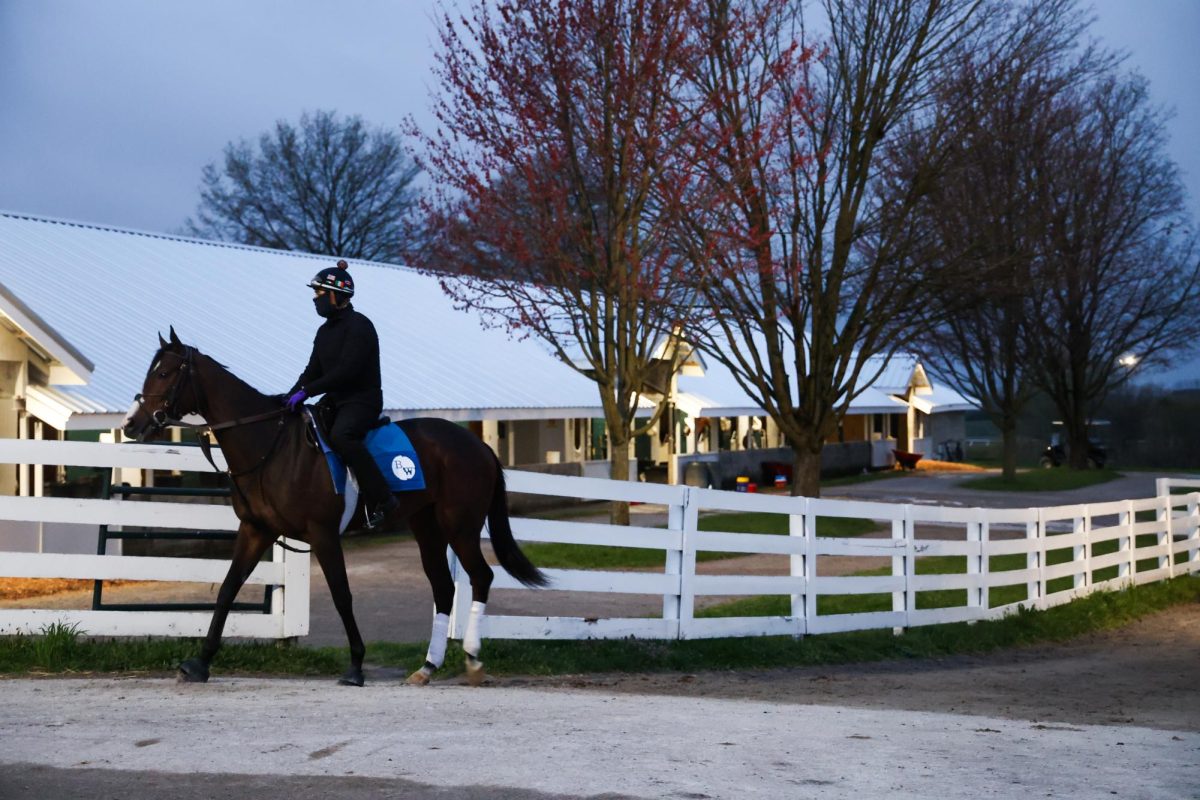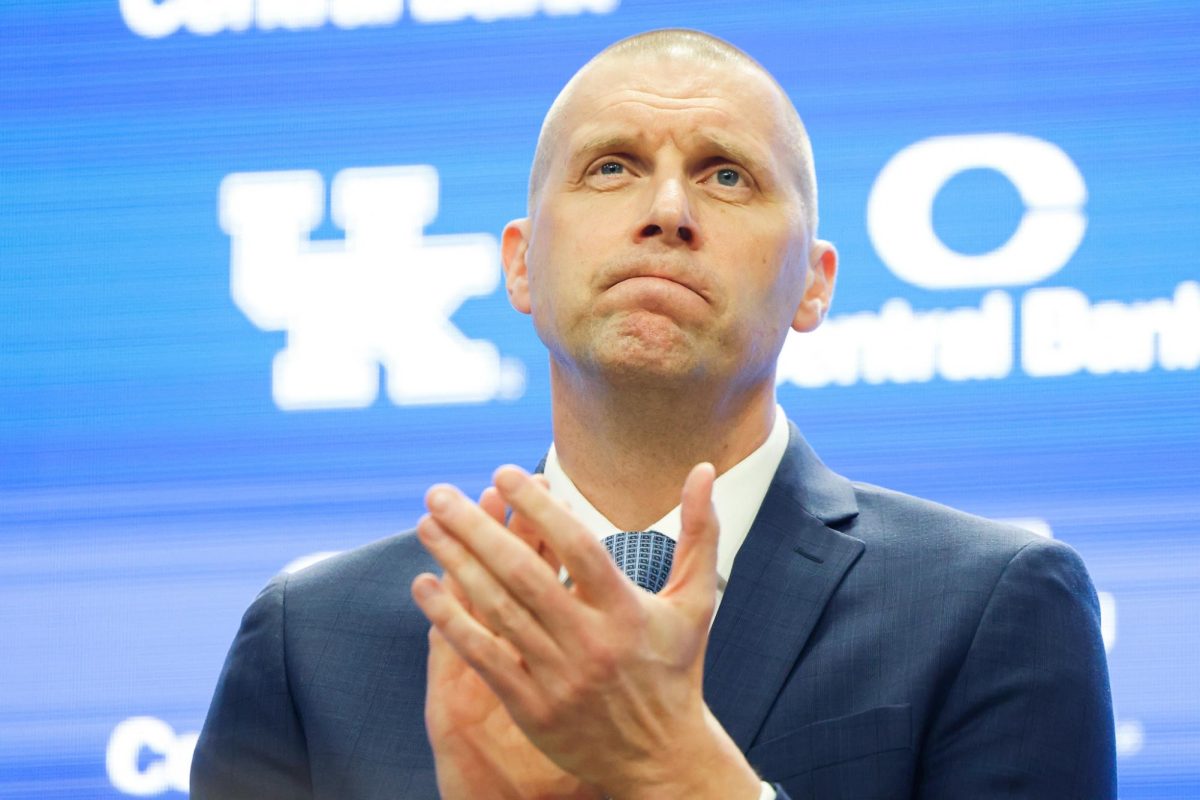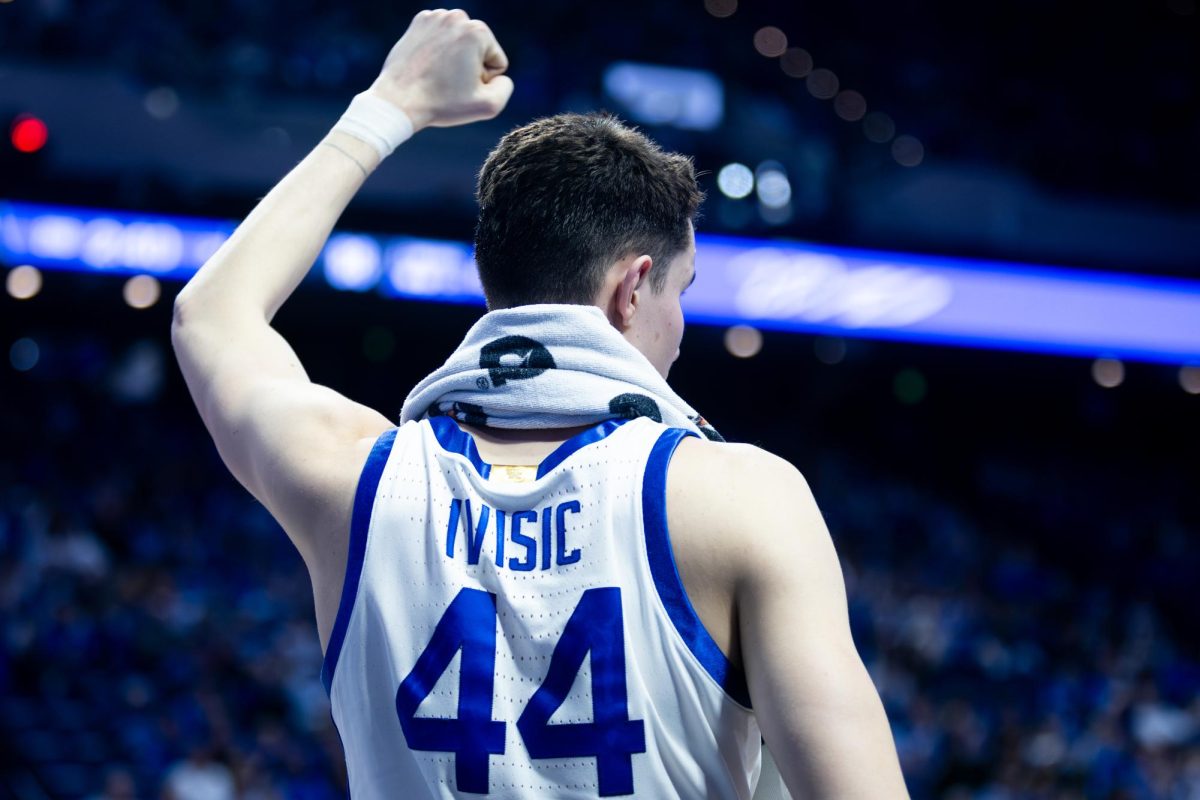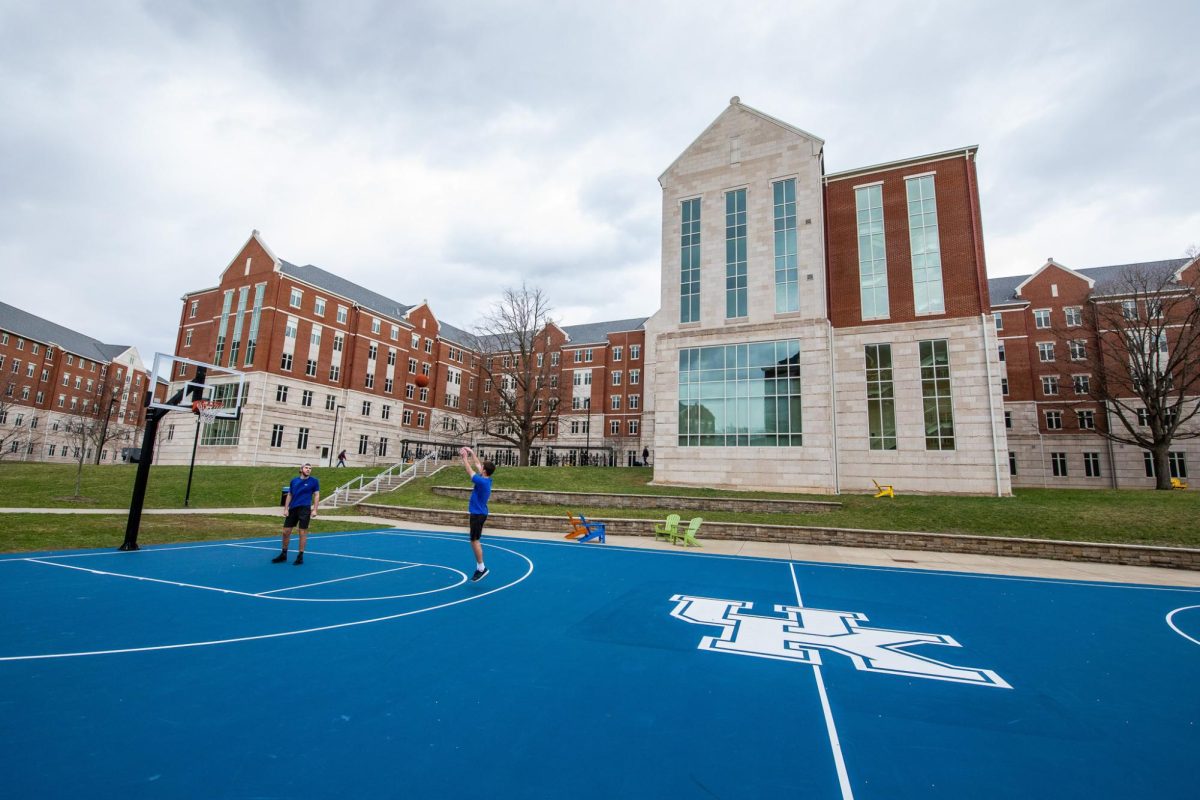Higher tuition would benefit general budget
April 22, 2011
By Joy Priest
With the recently proposed tuition increase, undergraduate students are wondering where their extra money will be going.
In an email to the Kernel on Wednesday, UK spokesman Jay Blanton said revenue generated from the increase will go to the university’s general budget and be allocated to areas where it can directly benefit students.
“The funds resulting from an increase in tuition will be used for educational programming, student support services, scholarships and other financial student support, as well as increases in fixed costs and other general operational expenses of the university,” Blanton said in the email. “It should be noted that these additional dollars will, in no way, account for the growing financial needs of this university. Additional institutional budget reductions will still be required for the university to secure a balanced budget.”
When asked to elaborate on what “educational programming” was, Blanton cited classroom instruction and faculty salaries, as well as student support services such as advising.
“Significant dollars have been spent, in recent years, on academic advising to help improve retention rates,” Blanton said. He also talked about how improved advising can contribute to students graduating more quickly, saying graduating on time is the quickest way to reduce debt.
When asked if students might see an immediate and direct change in their educational experience, UK faculty trustees member Joe Peek was skeptical.
“No … it just costs them extra money,” Peek said. “Are we going to see a higher quality education? I don’t know. But, if we don’t get the money something will get cut. Suppose they didn’t raise tuition, then there would be $14 million of revenue that wouldn’t be there, so they would cut expenditures.”
Peek said he didn’t know specifically what expenditures would be cut, but recited a basic business principle.
“Expenses are going up, so revenue has to go up,” he said.
Blanton said that tuition and state appropriations form the basis of the university’s general fund budget.
State appropriations are decreasing from last year, meaning some money for university operating expenses must come from increased tuition.
Blanton said the UK administration understood how the cost of college going up could be a burden to families, and expressed sensitivity to these challenges.
“I think the Board of Trustees and the president, and everyone who works at the university … understand this is a tough balancing act,” Blanton said. “Especially since some of us have kids. I think that’s why the institution has worked hard to increase scholarships.”
Blanton said in the last 10 years, the amount of scholarships the university awards have increased from $17.3 million to almost $60 million a year.
“Almost 90 percent of our undergrad students receive financial assistance now,” he said, saying these funds were coming from the university’s general budget that is supported by tuition.
Blanton said money from the general fund budget does not go to UK athletics, which gets its funding elsewhere.
“No it does not, it receives no general fund dollars,” he said. “However, Athletics funds about $1.7 million annually for purely academic scholarships.”
Peek talked about a money tracking problem with the budget.
“It’s just this problem of tracking the money,” Peek said. “You can’t really track the money. If you get a paycheck and put it in your checking account, and then you turn around and buy something, you can’t track each dollar.”
He said the tuition increase will go to cover whatever expenditures we have, but posed the question that once it gets put into the university account, how will it be tracked?
“If we didn’t have a tuition increase, UK would presumably spend $14 million less, but I don’t know what expenditures would be cut,” Peek said. “That’s a good question to ask. Would it be something that students care about? Would it be worth the increase?”
Students can attend a forum with UK administration at 8:30 a.m. Monday in Center Theater of the Student Center, to ask any questions they have about the proposed tuition increase.


























































































































































